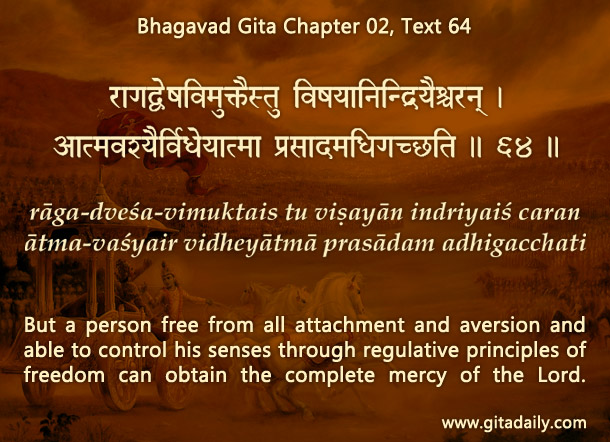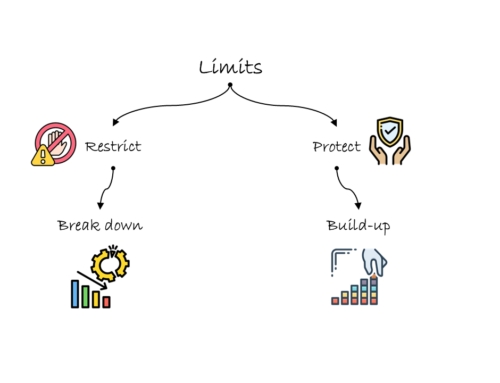A child playing in a courtyard sees a fence as a restriction that limits the area for playing. When that same child grows to become a parent who now has their child playing in the field, they see the same fence as a protection from thieves, kidnappers and the like.
What changed? Their understanding about the nature of the world. The child imagines the world to be simply an arena for playing, whereas the adult is aware of the many dangers present in the world.
We too similarly evolve in our understanding of the rules that regulate worldly indulgence. When we are spiritually uninformed, we see such rules as killjoys, as cultural taboos, as unwanted relics of a past prohibitive age. But when we study spiritual wisdom-literature such as the Bhagavad-gita, we understand our essential identity and ultimate destiny: we are spiritual beings meant for a life of eternal joy with the all-attractive supreme being, Krishna. When we get glimpses of the sublime fulfillment coming from a devotional connection with Krishna, we realize that in comparison the pleasures of worldly gratification are petty and paltry. More importantly, we also see that wanton worldly indulgence subjects us to misery and tragedy, as we keep suffering in the cycle of birth and death.
With this sober, adult perspective of life, we understand that scriptural rules are meant to protect us from the wild desires for wanton indulgence that can dominate and degrade us. The Bhagavad-gita (02.64) indicates that by following scripture to regulate the default movement of the senses towards the sense objects, we attain sublime mercy in the form of purity.
Being thus freed from the desires that hurt us, we delight in the pure devotional desires that connect us more and more with the source of all happiness.
To know more about this verse, please click on the image
Explanation of article:
Podcast:



Leave A Comment